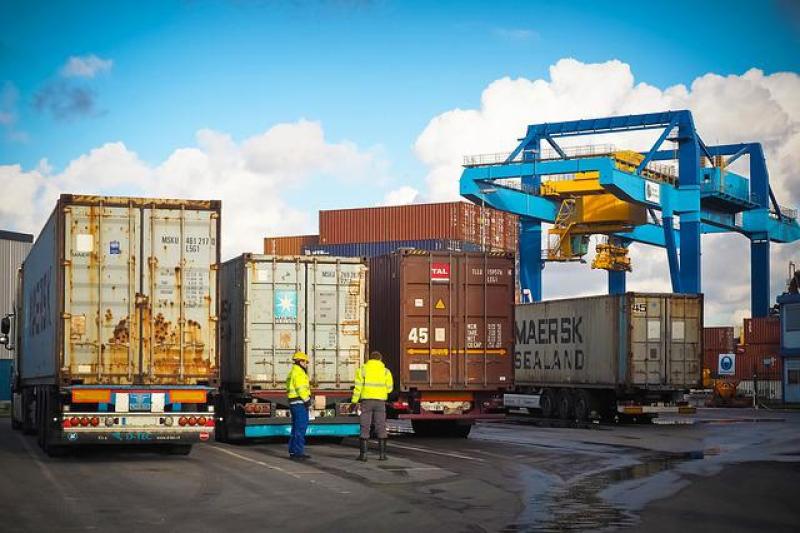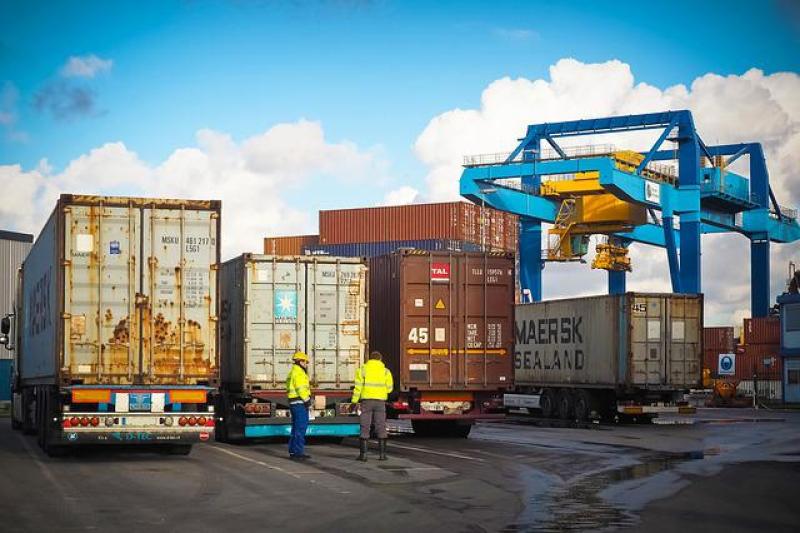Road Transport
Decades of deregulation, subcontracting, and excessive competition have led to a downward spiral in rates of pay, conditions and labour protections for road transport workers, creating economic pressures that make the road transport industry unsafe and unsustainable.
Through organising, contract negotiation, monitoring and enforcement, the ITF is strengthening union capacity to create a safe and sustainable road transport industry.
ISSUES
Road transport workers globally are fighting for decent work that ensures economic employers, governments and transport operators work together to establish a fair price that takes into account the social costs of transport.
Decades of ignoring the sector's decent work shortage – and reliance on pools of exploitable, informal or migrant labour – have meant that trucking companies, and their multinational customers, have not had to invest in their workforces and supply chain. Only 2% of truck drivers are women, and the average age of truck drivers is over 50-years old and rising fast.
CONTACT US

The ITF Road Transport Section is using a multi-pronged strategy to build union power, address the shortage of decent work in our industry and create safe and sustainable supply chains.
The three pillars of this strategy are:
- Implementing the 2019 Guidelines on the promotion of decent work and road safety in the transport sector, which outline the responsibilities of road transport stakeholders – including employers and customers of road transport services – at the international level.
- Championing the Road Transport Due Diligence Model (RTDD), which is a worker-centred framework for setting minimum standards, monitoring compliance and remedying adverse impacts on drivers. The model is built through cooperation with companies that are seeking to ensure their supply chain transportation complies with human and labour rights standards.
- Winning and enforcing Safe Rates, which establishes a regulatory system for setting, implementing, and enforcing fair transport costs and minimum rates of pay for road transport drivers, ensuring the accountability of all road transport stakeholders.

The ITF is focused on supporting its affiliated unions to protect worker conditions, pay and rights, while bringing them together on a sector-wide basis to challenge power at the top of supply chains.
The members we represent work in passenger and freight transport for both public and private companies. They include workers in all forms of employment including directly, subcontracted, part-time, temporary, dependent / independent contractor, misclassified and informal.
ပါလက်စတိုင်းတွင် အရပ်သားများအပေါ် အကြမ်းဖက်မှု ရပ်ဆိုင်းပါ
ဖိနှိပ်မှုကို အဆုံးသတ်ရန်နှင့် အလုပ်သမားများ၏ အရပ်သား လွတ်လပ်မှုများကို လေးစားရန် အချိန်တန်ပြီဖြစ်သည်
ITF ဆိပ်ကမ်းအလုပ်သမားများ၏ စည်းလုံးညီညွတ်မှုသည် ဘေးရုမြို့ ပြန်လည်တည်ဆောက်ရေး အထောက်အကူပြု


We represent road transport workers around the world to ensure safe roads, fair pay and decent conditions. We work along the supply chain to hold those at the top accountable for upholding labour standards and stopping the race to the bottom.
We have built alliances with global policy makers, multinational companies and employers’ association to achieve better regulation and higher standards for road transport workers around the world.
| Contact us | |
|---|---|
SECTION SECRETARY Noel Coard | |
ASSISTANT SECRETARY Deniz Akdogan | ------------ |
Flemming Overgaard
Anita Rosentreter
Paulo João Estausia
Julian Ehret
Murad Breik
Karina Moyano
Gora Khouma
Aliyu Issa Ore
Abathun Takele Sahele
Hamou Touahria
Wajid Zidi
Walaa Hussein
Ahmed Kandil
Michael Kaine
Ajay Kumar Rai
Natarajan Krishnamoorthy
Shoshin Yonaga
Sheela Naikwade
Vacant
Stefan Thyroke
Tom Peeters
Elisa Gigliarelli
Liesbet Verboven
Lyubomir Drenski
Juan Rafael Aranda
José Clodomiro Sandoval Pino
Miguel Alfaro
Valdir de Souza Pestana
Len Poirier
Brian MacDonald
Jody Hutton
Shirlet Simons
John A. Costa
Christine Scott
Matt Draper
Mahendra Tujaram Gharat
Oscar Borda
Michael Kaine
Edwin Atema
Frank Moreels

The ITF Road Transport Section has 268 affiliates from 118 countries representing more than 2 million workers.





